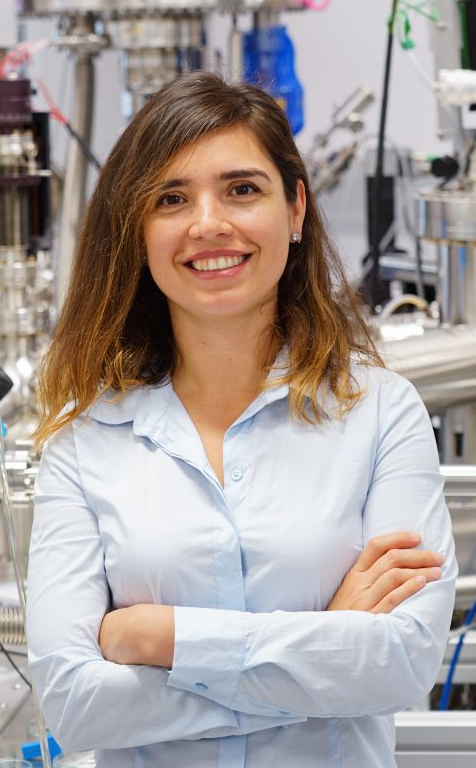
Tell us about yourself:
I received my bachelor’s degree in chemistry in Colombia. Then, I moved to Barcelona (Spain) where I received my PhD degree in Chemistry from the Autonomous University of Barcelona. I worked as a research assistant in Colombia. Then, I worked as a predoctoral researcher at the Autonomous University of Barcelona. After two postdoctoral research positions in Spain at the Catalonia Institute for Energy Research with Prof. Joan R. Morante and the Institute for Bioengineering of Catalonia with Prof. Samuel Sánchez, I joined the Center for Advanced Functional Nanorobots at University of Chemistry and Technology, Prague, where I’m currently working a senior scientist. Due to my expertise on photocatalytic processes, I got a PhD fellowship fully funded by the Autonomous University of Barcelona (UAB) to study the photocatalytic generation of hydrogen from wastewater for a four-year period.
What is the best to be a scientist?
In my opinion, the best to be a scientist is to discover new findings, understand how things work, contribute to solve global challenges, have fun at the lab and not being behind a desk the whole day!
What do you consider your greatest accomplishments/achievements?
Some of my major achievements include my research on the generation of H 2 from real wastewater under direct solar light irradiation at pilot-plant scale, which has demonstrated the feasibility of environmentally friendly technologies towards the production of solar fuels under real conditions. On the other hand, my works on the mechanistic studies on the photocatalytic conversion of methane into methanol have given a clear vision of the key parameters that should present the photocatalysts to boost the selectivity up to 50%, influencing the development of alternative materials ever since. As a senior scientist at the UCT, I have started a new sub-research line on the development of light-driven micromachines for environmental applications. For example, we showed the first example of metal-free bubble-propelled tubular micromotors that can be activated and controlled by visible-light irradiation, contributing to the development of more cost-effective devices for wastewater treatments. Furthermore, we recently developed light-driven BiVO 4 micromotors that show an autonomous ability to capture and deactivate pathogenic microorganisms. These new results hold the potential to revolutionize the field towards multifunctional micromachines that can sense the environment and achieve specific tasks.
Why do you prefer science to the commercial sphere?
I pursued a scientific career because it offers more flexibility not only in terms of time management but also in research topics. In industry, it usually consists of repetitive tasks or some product-oriented research, but science allows me to investigate what I am passionate about so, in the end, I don’t feel it as a job.
What would you say to applicants who are thinking about a PhD studies at UCT?
I would tell them that UCT is a great place to do research. It has all the equipment they might need and there is a great versatility of research groups working on different topics such as biomedicine, water treatment, microbiology, energy, etc. In particular, I would recommend our group (Advanced Functional Nanorobots), where they can be part of an international team consisting of researchers with different backgrounds and enrich their knowledge on cutting-edge technologies, e.g., 3D-printing and emerging fields such as self-propelled micro/nanorobots.

